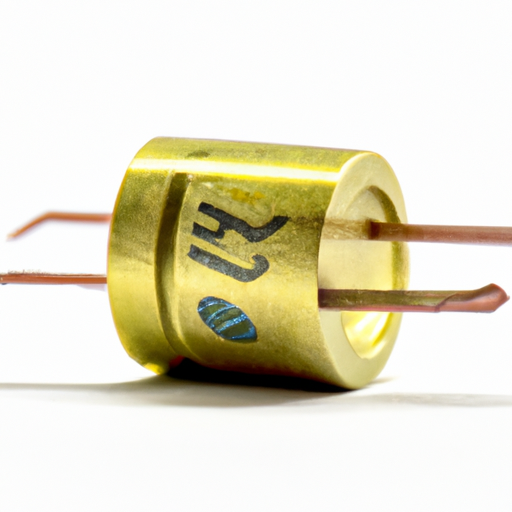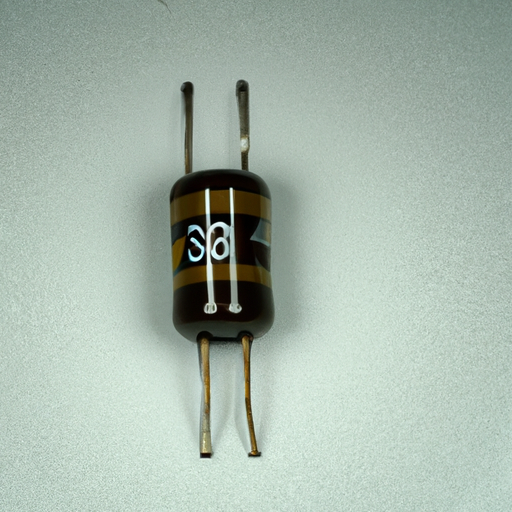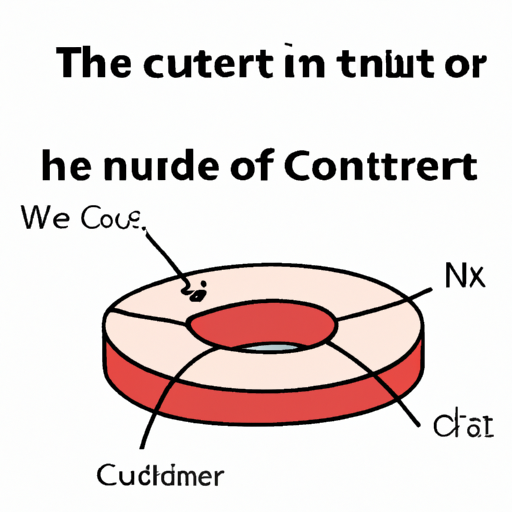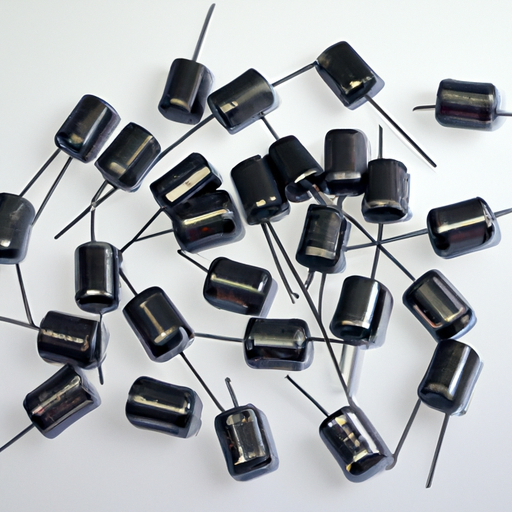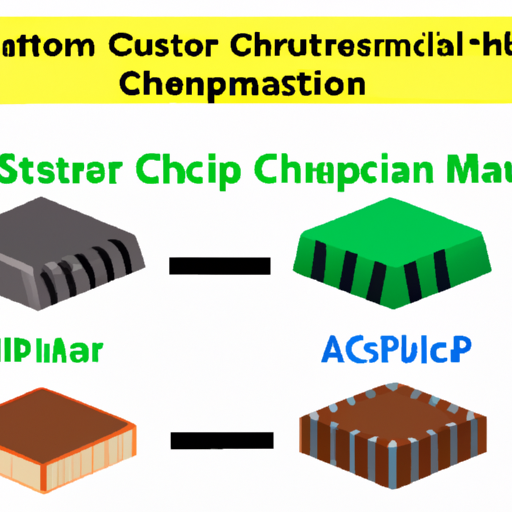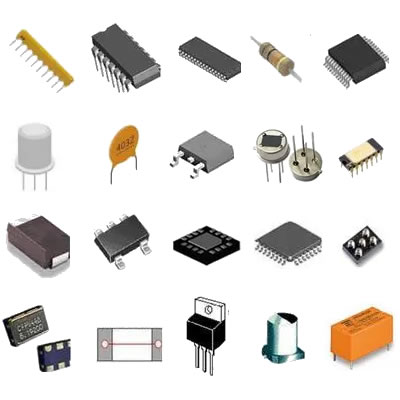When will the new starting capacitor be released?
When Will the New Starting Capacitor Be Released?
I. Introduction
In the world of electrical systems, starting capacitors play a crucial role in ensuring that motors operate efficiently and effectively. A starting capacitor is a type of capacitor used to provide an initial boost of energy to an electric motor, allowing it to start up and reach its operational speed. These components are essential in various applications, from HVAC systems to power tools, and their performance can significantly impact the overall efficiency of these devices. This article aims to inform readers about the anticipated release of a new starting capacitor, exploring its importance, current developments, and the implications of this innovation.
II. Understanding Starting Capacitors
A. Function and Role in Electrical Motors
Starting capacitors are designed to provide a temporary boost of electrical energy to an electric motor during startup. When the motor is powered on, the starting capacitor stores energy and releases it quickly, creating a phase shift in the motor's electrical current. This phase shift generates a stronger magnetic field, enabling the motor to overcome inertia and start turning. Once the motor reaches a certain speed, a centrifugal switch or relay disconnects the starting capacitor from the circuit, allowing the motor to run on its own.
B. Common Applications of Starting Capacitors
Starting capacitors are widely used in various applications, including:
1. **HVAC Systems**: In heating, ventilation, and air conditioning systems, starting capacitors help compressors start efficiently, ensuring optimal performance and energy savings.
2. **Refrigerators**: These appliances rely on starting capacitors to initiate the compressor motor, which is essential for maintaining the desired temperature.
3. **Power Tools**: Many power tools, such as drills and saws, utilize starting capacitors to provide the necessary torque for startup, enhancing their performance and reliability.
C. Benefits of Using Starting Capacitors
The use of starting capacitors offers several benefits, including:
1. **Improved Efficiency**: By providing the necessary energy boost during startup, starting capacitors help motors reach operational speed more quickly, reducing energy consumption.
2. **Enhanced Performance**: Motors equipped with starting capacitors can achieve higher torque levels, allowing them to handle heavier loads and operate more effectively.
III. The Need for New Starting Capacitors
A. Limitations of Existing Starting Capacitors
Despite their importance, existing starting capacitors have limitations that can affect performance and durability. Common issues include:
1. **Performance Issues**: Some older capacitor designs may not provide sufficient energy during startup, leading to slower motor acceleration and potential overheating.
2. **Durability Concerns**: Traditional starting capacitors can degrade over time, especially in high-temperature environments, leading to failure and increased maintenance costs.
B. Technological Advancements in Capacitor Design
To address these limitations, researchers and manufacturers are exploring new materials and manufacturing processes. Innovations in energy efficiency, such as the use of advanced dielectric materials, can enhance the performance and lifespan of starting capacitors.
C. Market Demand for Improved Starting Capacitors
The demand for improved starting capacitors is driven by industry trends and consumer expectations. As energy efficiency becomes a priority for both consumers and businesses, there is a growing need for capacitors that can deliver better performance while minimizing energy consumption.
IV. Current Developments in Starting Capacitor Technology
A. Overview of Research and Development Efforts
Key players in the capacitor industry are investing in research and development to create next-generation starting capacitors. Collaborations between manufacturers, universities, and research institutions are fostering innovation and accelerating the development process.
B. Prototypes and Testing Phases
Currently, several prototypes of new starting capacitors are undergoing rigorous testing. These tests evaluate their performance under various conditions, including temperature fluctuations and load variations. Feedback from industry professionals is being collected to refine designs and ensure reliability.
C. Regulatory Considerations
As new starting capacitors are developed, manufacturers must navigate regulatory considerations, including compliance with safety standards and environmental impact assessments. Ensuring that new products meet these requirements is essential for market acceptance.
V. Anticipated Release Timeline
A. Factors Influencing the Release Date
The release date of new starting capacitors will depend on several factors, including:
1. **Production Capabilities**: Manufacturers must ensure they have the necessary production capacity to meet anticipated demand.
2. **Market Readiness**: The readiness of the market to adopt new technologies will also influence the timing of the release.
B. Insights from Industry Experts
Industry experts predict that the new starting capacitors could be released within the next 12 to 18 months. This timeline is based on current progress in research and development, as well as historical context from similar product releases.
C. Potential Launch Events and Announcements
Manufacturers may choose to unveil their new starting capacitors at trade shows and expos, where they can showcase their innovations to a broader audience. Press releases and marketing campaigns will also play a crucial role in generating interest and excitement around the launch.
VI. Implications of the New Starting Capacitor
A. Impact on Consumers and Businesses
The introduction of new starting capacitors is expected to have significant implications for both consumers and businesses. Key considerations include:
1. **Cost Considerations**: While new technologies may come with a higher initial cost, the long-term savings from improved energy efficiency and reduced maintenance can offset these expenses.
2. **Performance Improvements**: Enhanced starting capacitors will lead to better motor performance, resulting in increased reliability and efficiency across various applications.
B. Influence on the Broader Electrical and Manufacturing Industries
The release of new starting capacitors could shift market dynamics, prompting manufacturers to adopt these innovations in their products. This could lead to a ripple effect, influencing the broader electrical and manufacturing industries.
C. Future Trends in Capacitor Technology
Looking ahead, the next decade may see further advancements in capacitor technology, including the development of smart capacitors that can monitor performance and adjust their operation in real-time. Emerging technologies, such as nanotechnology and advanced materials, will likely play a significant role in shaping the future of capacitors.
VII. Conclusion
Starting capacitors are vital components in electrical systems, ensuring that motors operate efficiently and effectively. The anticipated release of new starting capacitors promises to address existing limitations and meet the growing demand for improved performance and energy efficiency. As developments continue, it is essential for consumers and industry professionals to stay informed about advancements in capacitor technology and their implications for the future.
VIII. References
1. Industry reports on capacitor technology and market trends.
2. Research studies on the performance and efficiency of starting capacitors.
3. Contact information for leading manufacturers and experts in the field.
By staying informed and engaged with the latest developments, readers can better understand the significance of new starting capacitors and their potential impact on various applications.


